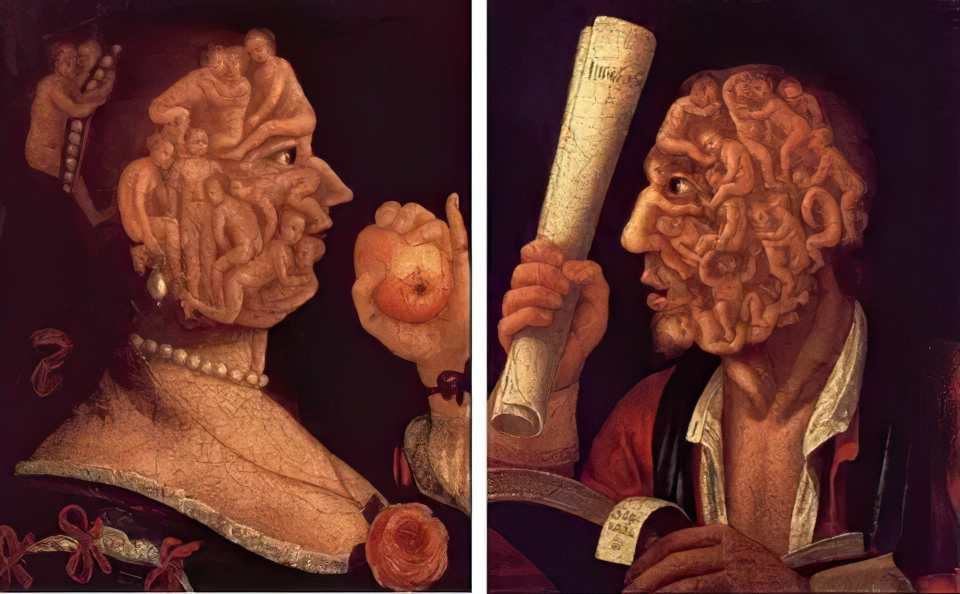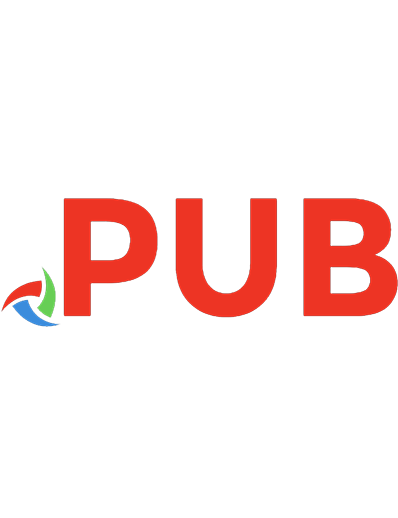Have you ever wondered what constitutes a known fact? We all come across countless pieces of information on a daily basis, but how do we determine if something is truly a known fact? Whether you’re curious about the nature of knowledge or simply seeking a better understanding of what qualifies as a known fact, this article is here to shed some light on the subject. In this informative piece, we’ll explore the definition of a known fact and delve into what separates it from opinions, beliefs, and uncertainties. So grab a cup of tea and let’s embark on this friendly journey into the world of known facts.
- Table of Contents
- Differentiating Between Known Facts and Opinions: Understanding the Basics
- The Role of Evidence in Establishing Known Facts: A Key Determining Factor
- Known Facts in the Age of Information: Navigating Through Misinformation and Disinformation
- Examining the Fluidity of Known Facts: How New Discoveries May Challenge Prevailing Beliefs
- The Conclusion
Table of Contents
- Differentiating Between Known Facts and Opinions: Understanding the Basics
- The Role of Evidence in Establishing Known Facts: A Key Determining Factor
- Known Facts in the Age of Information: Navigating Through Misinformation and Disinformation
- Examining the Fluidity of Known Facts: How New Discoveries May Challenge Prevailing Beliefs
- Q&A
- Wrapping Up

Differentiating Between Known Facts and Opinions: Understanding the Basics
When it comes to understanding information, it is important to be able to distinguish between known facts and opinions. While facts are based on objective evidence and can be proven, opinions are subjective views or beliefs held by individuals. Let’s delve into the basics to help you develop your skills in differentiating between the two.
1. Sources of Information: Begin by evaluating the source of the information. Determine if it is a reliable and credible source, such as renowned scholars, experts in the field, or reputable institutions. Cross-checking information from multiple reliable sources minimizes the chance of confusion between facts and opinions.
2. Objective vs. Subjective: Another key factor is to understand whether the statement is objective or subjective. Objective statements are based on verifiable evidence and can be proven or disproven, while subjective statements rely on personal experiences, emotions, or personal preferences, making them prone to bias and interpretation.
3. Language Choices: Pay close attention to the language used. Statements of fact often employ evidence-based language like “studies have shown,” “scientifically proven,” or “statistics indicate.” On the other hand, opinions may use language that expresses personal beliefs or values, such as “I think,” “in my opinion,” or ”it seems.”
4. Bias and Emotional Tone: Take note of any bias or emotional tone in the statement. Facts should be objective and free from bias, whereas opinions may reflect personal biases or emotional reactions. If the information appears to be overly persuasive, emotionally charged, or lacks supporting evidence, it is likely an opinion rather than a known fact.
By understanding these basics, you will become more adept at differentiating between known facts and opinions. Remember, the ability to discern reliable factual information from subjective opinions is a crucial skill in various aspects of life, including academics, media consumption, and decision-making. Keep questioning, cross-referencing, and critically analyzing the information you encounter to strengthen your ability to navigate the ever-expanding sea of knowledge.

The Role of Evidence in Establishing Known Facts: A Key Determining Factor
When it comes to establishing known facts, evidence plays a pivotal role in providing a solid foundation for our beliefs and conclusions. Without evidence, our knowledge would be built on shaky ground, making it unreliable and subject to manipulation. Let’s explore how evidence acts as a key determining factor in establishing known facts:
1. Support for Claims: Evidence provides support for the claims we make by offering tangible proof or logical reasoning. It helps to validate our statements and convince others of the truthfulness of our assertions. For instance, in a court of law, evidence such as eyewitness testimony, forensic analysis, or documented records can be the difference between a guilty or innocent verdict.
2. Objectivity and Reliability: Evidence allows for objectivity and reliability in establishing known facts. By relying on factual data, scientific research, or empirical observations, we can minimize biases and subjectivity. The more robust and consistent the evidence, the more likely it is to be considered reliable and credible. This fosters a sense of trust and confidence in the knowledge we acquire.
Ultimately, evidence is the cornerstone of establishing known facts, as it provides the necessary support and objectivity to make informed and reliable conclusions. It helps bridge the gap between mere speculation and undeniable truth, ensuring that our knowledge stands on a sturdy foundation.

Known Facts in the Age of Information: Navigating Through Misinformation and Disinformation
When it comes to obtaining accurate information in today’s digital world, it’s becoming increasingly challenging to distinguish between fact and fiction. With the vast amount of data available at our fingertips, misinformation and disinformation propagate at an alarming rate. However, arming ourselves with knowledge is the first step in combating this issue and preserving the truth.
Here are some important facts to remember as we navigate through the age of information:
- Misinformation can be unintentional: Not all false information is spread with malicious intent. Sometimes, individuals unknowingly share inaccurate content, leading to its widespread dissemination. Always verify sources before accepting information as fact.
- Disinformation seeks to deceive: Unlike misinformation, disinformation is deliberately spread to mislead or manipulate. Be cautious of content that induces strong emotions or confirms preconceived biases without credible evidence.
- Fact-checking is crucial: With the abundance of conflicting information, it’s essential to fact-check before accepting information as truth. Consulting reputable sources and cross-referencing data ensures we make informed decisions.
As responsible consumers of information, we have a collective responsibility to promote truth and accuracy. Stay curious, adaptive, and skeptical as you navigate the vast sea of information, so together, we can combat misinformation and disinformation in the age of information.

Examining the Fluidity of Known Facts: How New Discoveries May Challenge Prevailing Beliefs
When it comes to scientific knowledge or historical understanding, it is often easy to assume that what we know to be true is set in stone. However, the fluidity of known facts should not be underestimated, as new discoveries have the potential to challenge and even overturn prevailing beliefs. These exciting advancements can reshape our understanding of the world and push the boundaries of human knowledge. In this post, we will explore some remarkable examples of how new discoveries have shattered long-held assumptions, reminding us of the incredible potential for change and growth.
One fascinating example of the fluidity of known facts is found in the study of dinosaurs. For centuries, it was widely believed that all dinosaurs were gigantic, lumbering creatures with scaly skin. However, in recent years, paleontologists have made groundbreaking discoveries that challenge these assumptions. The unearthing of fossilized feathers has revolutionized our understanding of dinosaurs, revealing a diverse array of bird-like species that were not only feathered but also potentially adorned with vibrant colors. These discoveries force us to reimagine prehistoric life and reconceptualize the evolution of birds.
- Another area where new discoveries have disrupted long-standing beliefs is in the field of astronomy. For centuries, astronomers believed that Earth’s solar system consisted solely of the Sun, planets, and their moons. Yet, the advent of powerful telescopes and advanced space exploration has brought us face to face with worlds beyond our imagination.
- Moons with subsurface oceans and the potential for extraterrestrial life have been discovered around gas giants like Jupiter and Saturn.
These remarkable findings challenge the notion that Earth is unique in supporting organic life. They fuel our curiosity and beckon us to reassess our place in the cosmos, reminding us that new discoveries constantly reshape our understanding of the universe we inhabit.
The Conclusion
In conclusion, what we have explored today is the essence of a known fact and how its definition holds significant importance in our everyday lives. We have discovered that known facts are more than mere pieces of information; they are widely accepted truths that have stood the test of time, backed by reliable evidence and consensus within a particular context. While subjectivity and personal beliefs may influence our perception of facts, the objective foundation upon which known facts are built cannot be denied.
Understanding the definition of a known fact enables us to navigate the complex web of information that surrounds us. It empowers us to make informed decisions, critically analyze claims, and separate genuine knowledge from baseless assertions. In a world where misinformation and alternative facts abound, the ability to identify known facts becomes paramount.
So, the next time you come across a statement, ask yourself - is it a known fact? Assess its credibility, consider the evidence supporting it, and determine if it aligns with accepted truths within the relevant domain. Remember, being well-informed is not solely about accumulating information, but also about discerning which information is reliable and trustworthy.
Ultimately, the pursuit of knowledge rests upon our willingness to recognize and embrace known facts. By cultivating a mindset that values evidence, consensus, and objective truth, we can collectively create a well-informed and empowered society. So, let us embark on this journey of discovery and continue our quest to uncover the hidden realms of known facts and contribute to a world enriched by knowledge.
















